
Fan Bingbing or Mr Bags? It’s celebrities vs KOLs in China’s luxury fashion market
In China’s online world, where the influence of key opinion leaders is growing fast, luxury brands now have to carefully consider whether that big traditional celebrity ambassadorship is really going to work for them
One day she’s featured in head-to-toe Adidas playing soccer alongside model Karlie Kloss; the next, she’s in a chic pantsuit brandishing a bejewelled watch for Montblanc.
Fan Bingbing’s versatility and household appeal in China as an award-winning actress makes her an attractive personality for brands looking to woo her fans. Montblanc, who named Fan a global ambassador in April, is only the most recent in a long list of luxury labels to tap her celebrity talent.
How Chinese stylists to the stars have become celebrities themselves
But with a flood of new – and at times, more affordable – key opinion leaders (KOLs) in the digital space, whose personalities can go well beyond being simply a face on a billboard, what appeal do more traditional celebrities still have?
Put simply, explains Martin Patmore, the China president of digital content company FansTang, celebrities still “build credibility for brands”.
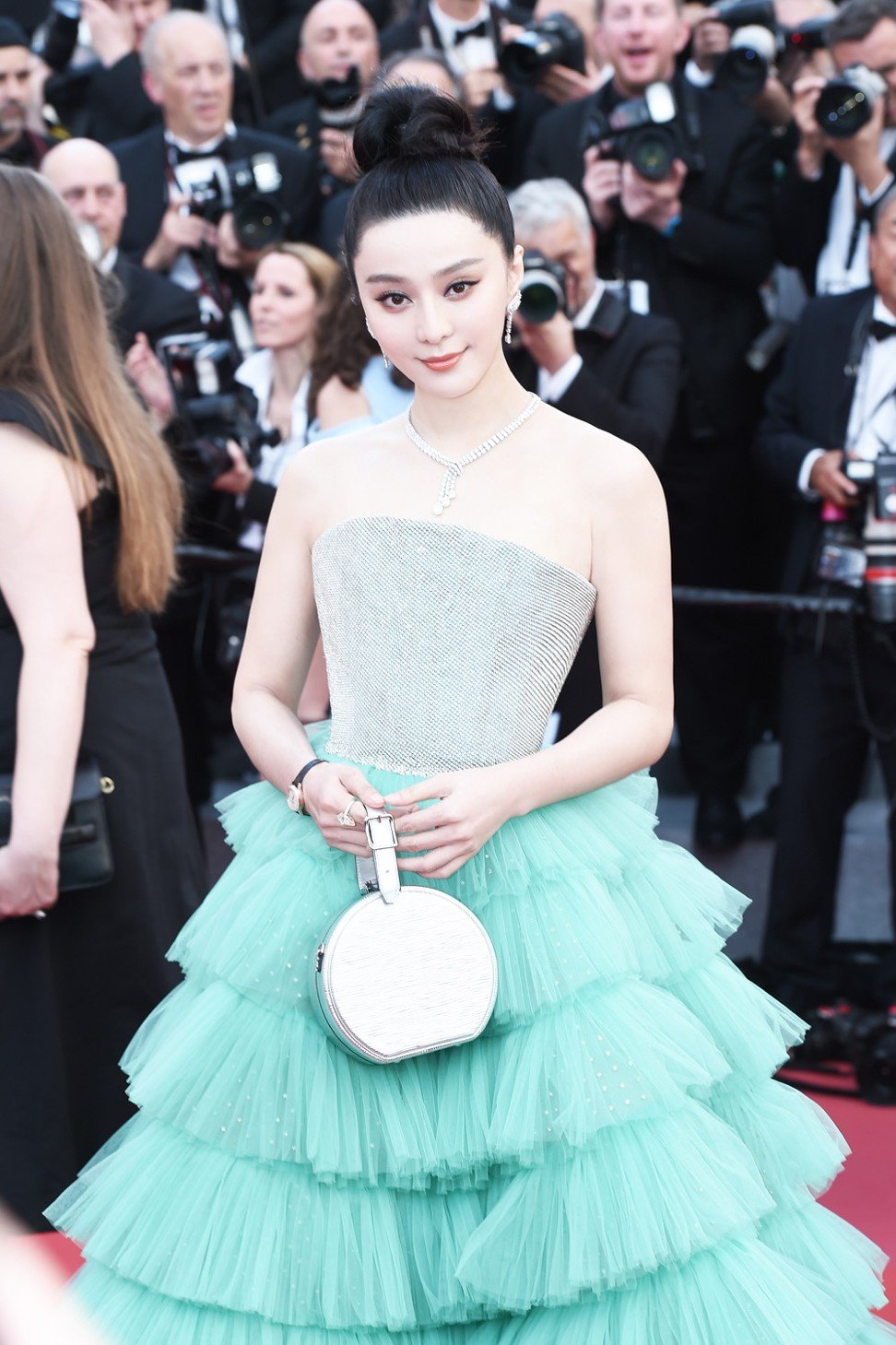
FansTang works with Western film, television and sports stars to help Chinese brands broaden their international appeal.
“Credibility, built through heritage, style and quality, enables a brand to be positioned as a luxury brand,” Patmore says, adding that the key is all in the target audience.
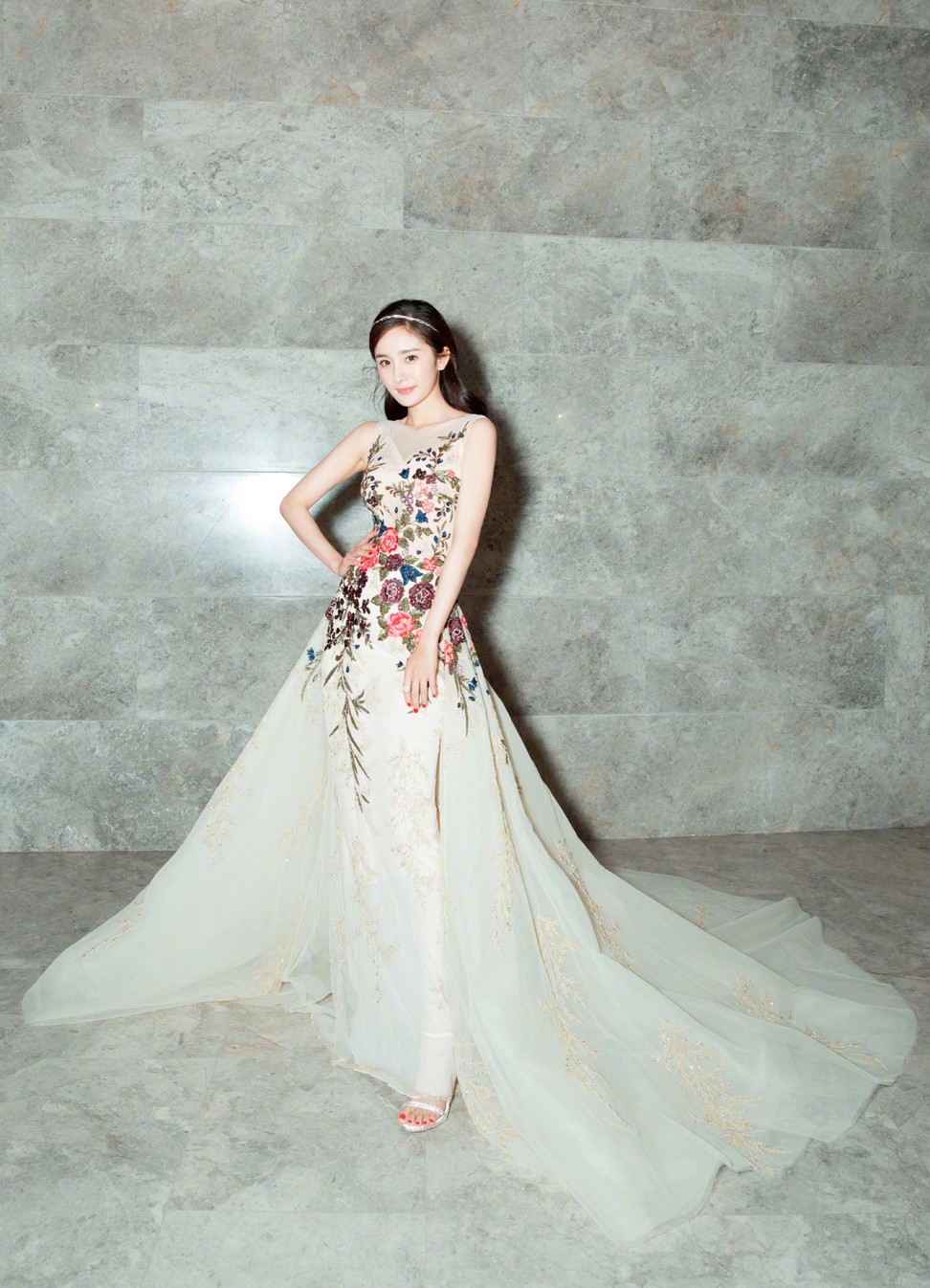
Kim Leitzes, founder and CEO of marketing platform ParkLu, says KOLs generally achieve credibility and are able to generate sales in more targeted, “interest-based” local audiences, compared with the wider reach achieved through celebrity endorsements.
“[Another] benefit of working with celebrities is that those contracts are longer term and typically have some degree of exclusivity,” Leitzes says. “Even if KOL engagements are over a multi-month period, it is rare to have product category exclusivity. A beauty KOL would lose credibility if they only talked about one lipstick brand, for example. The most successful marketing campaigns typically engage both celebrities and KOLs.”
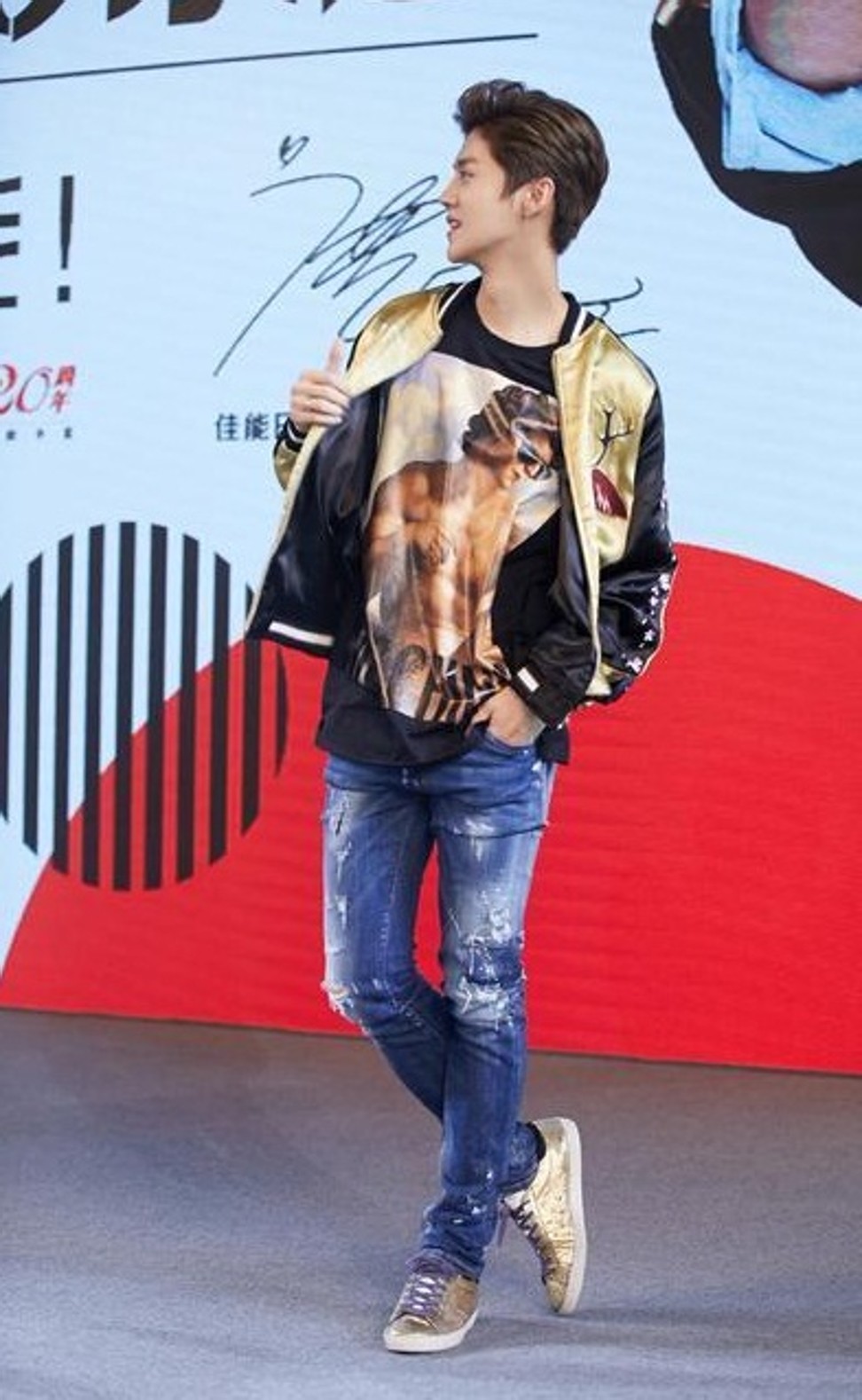
A report released last month by intelligence firm CBNData, in cooperation with e-commerce giant Alibaba, illustrates how Fan continues to have that level of reach brands are looking for (Alibaba owns the Post). The study ranked her number three behind Tommy Hilfiger ambassador Shawn Yue and Michael Kors ambassador Yang Mi – both film stars – among celebrities with the highest influence on consumer purchases in the first quarter of 2018.
A consumer may associate a lower-priced brand [a celebrity] endorses with a luxury brand
Ladymax.cn, a Chinese news site covering the report, said that celebrities have been increasing their appeal for brands outside the more formal fashion show and entertainment space by bringing their influence into their daily lives, such as by wearing the brands they endorse in street-style shoots and at the airport.
However, Fan’s appeal, and that of celebrities of similar stature, heavily varies depending on what the brand hopes to gain from the collaboration.
A consumer intelligence report released by Bomoda last year ranks Fan as number 11 in social influence, or “the amount of awareness and engagement he/she can create that leads to intended brand exposure, trending topics or the eventual conversion of fans of the KOL to fans of the brand.” Ahead of her were stars including Yang Mi, Cartier ambassador Lu Han, and recent Madame Figaro China cover girl Dilraba.
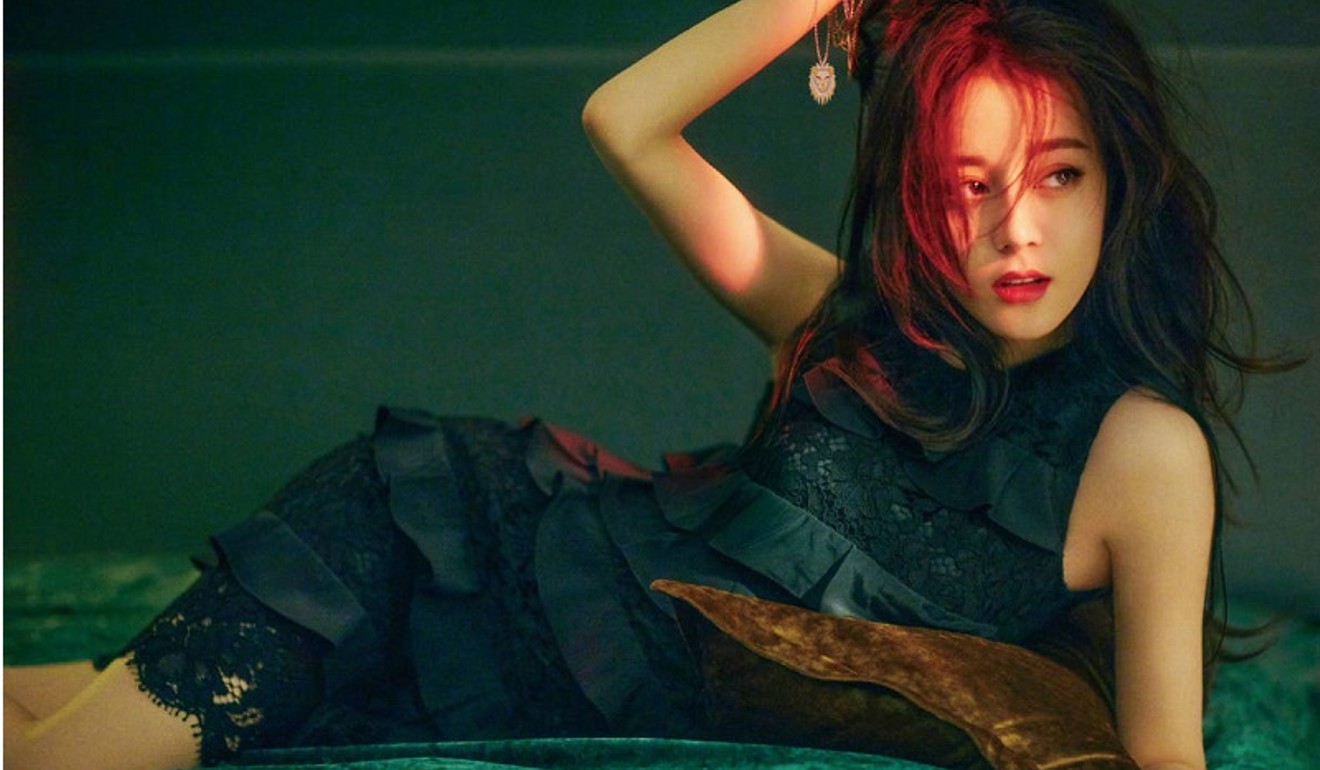
In terms of commercial influence – the effectiveness in getting a consumer to make a purchase – the Bomoda report ranked Fan number 18 behind the likes of model Liu Wen and singer Kris Wu.
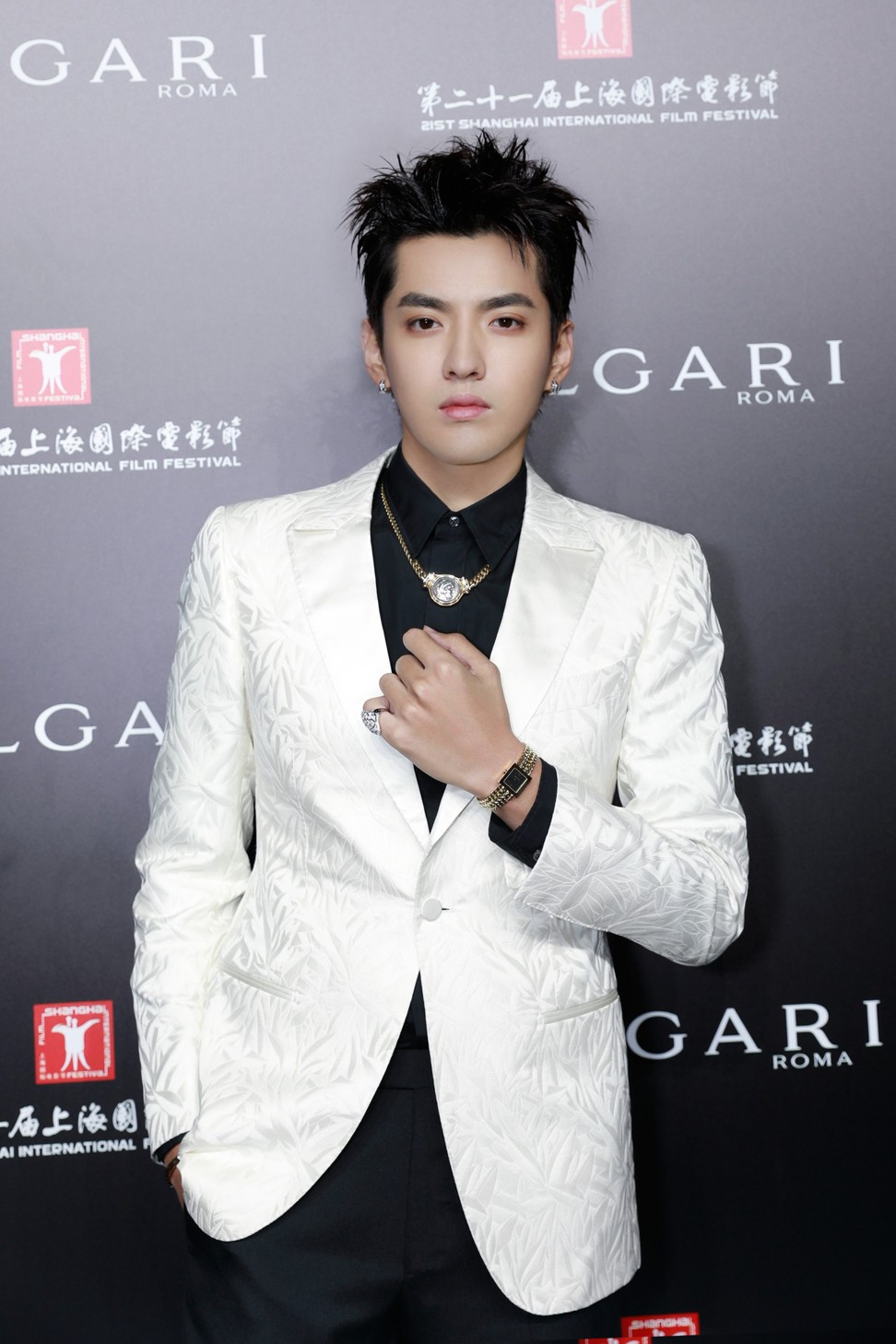
Another factor for brands – especially luxury ones – to consider when working with an A-lister is that a celebrity who endorses too many products could pose risks.
“A consumer may associate a lower-priced brand they endorse with a luxury brand,” Leitzes says. “[For example,] Fan Bingbing has endorsed so many different kinds of products that she may decrease the halo effect for a luxury brand if she’s working with a more accessible beauty brand.”
One route some luxury brands are taking is to maintain a Western celebrity as their global brand ambassador, while working closely with a targeted influencer in China. Longchamp, for example, named Kendall Jenner as its new global ambassador last month, soon after collaborating with China social media blogger Mr Bags on a capsule collection, which was a major sales success.
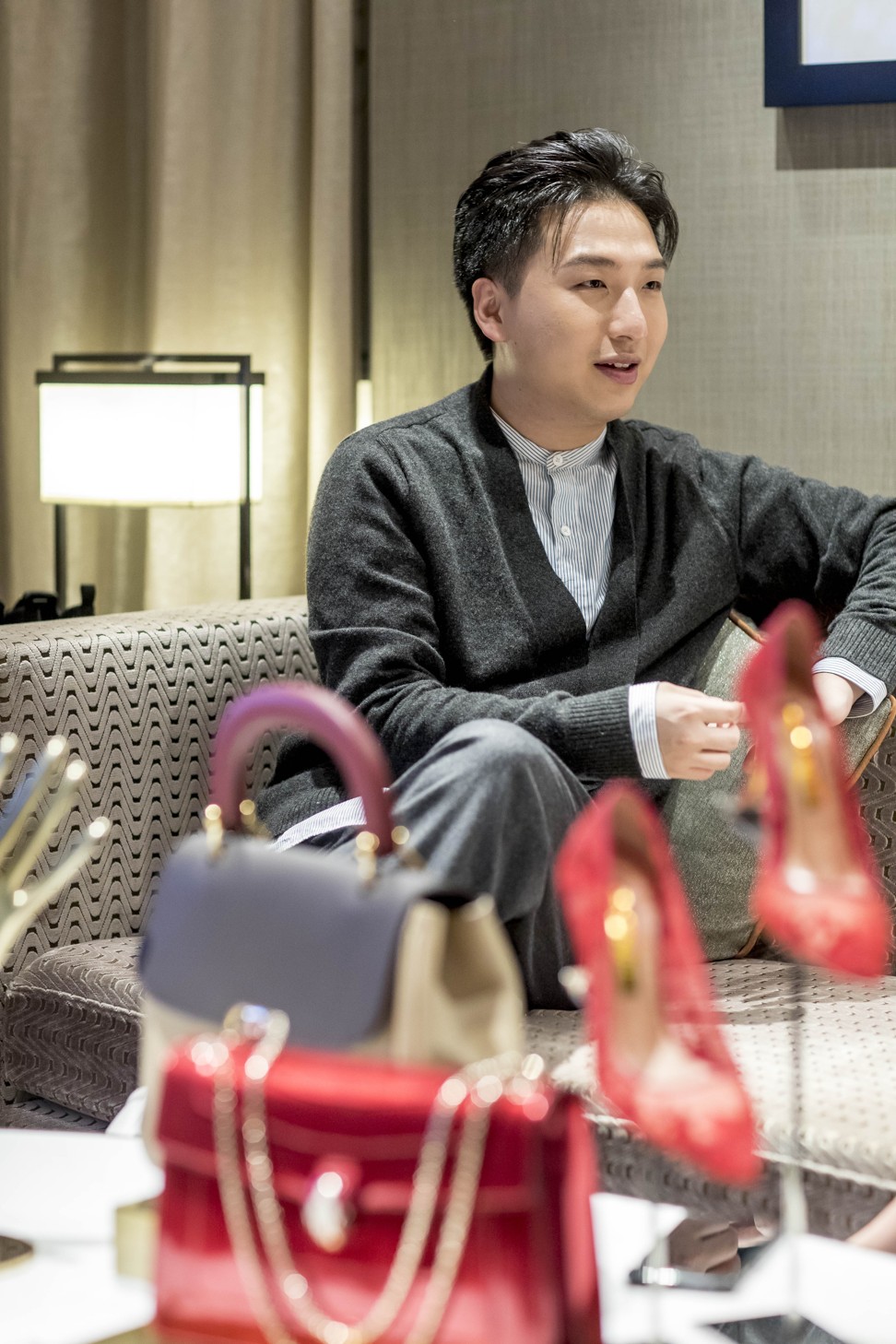
In some cases, Hollywood celebrities can create a waterfall effect on Chinese audiences. FansTang says they can help build up a Chinese brand’s image, especially if they’re noticed by other influencers. For example, the rising star of Marvel television series The Gifted, American actress Emma Dumont, has recently been inspiring a number of Chinese beauty bloggers to dye their hair green to match that of her character Polaris in the show.
Wenjun Lau, a Shanghai-based millennial fashion stylist and blogger who boasts hundreds of thousands of followers on both Chinese and Western social media platforms, says she is primarily influenced by Western celebrities such as like Kendall Jenner, Bella Hadid, Rihanna, Alexa Chung and Amal Clooney.
“It’s not to say Chinese celebrities don’t have good style, I just haven’t found them inspiring yet,” she says. “I’m a person who cares more about personality. I love Amal Clooney’s style – elegant and chic – and she’s an independent and successful woman in her career.”
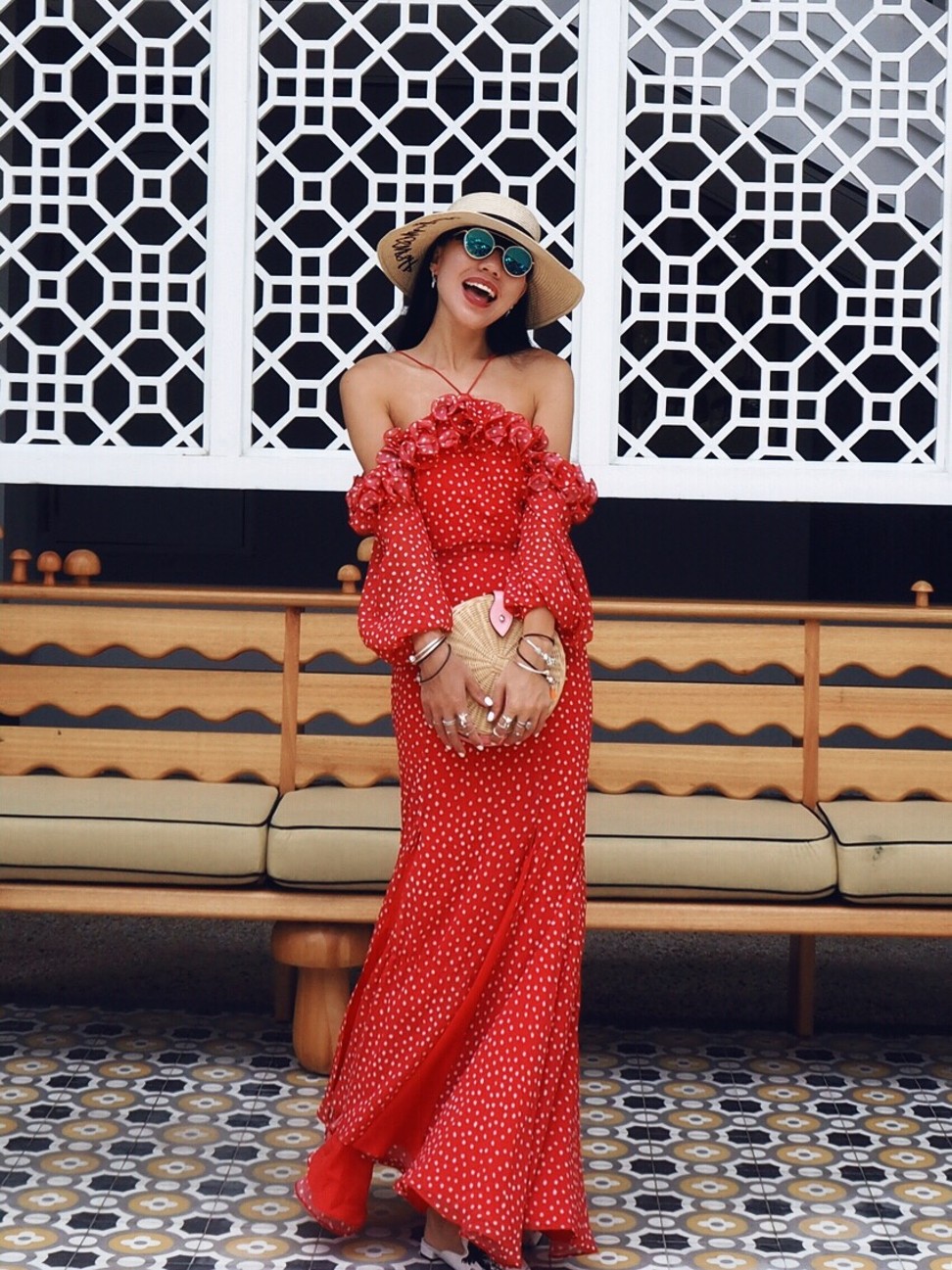
For brands, it ultimately comes down to finding the spokesperson whose audience in China matches their objective, Leitzes says.
“If it’s a global campaign then the brand has to make choices. The Chinese market is pretty distinct so it makes sense that if you really want to speak to that market, you should have local ambassadors.”
Top Chinese beauty blogger’s advice: shop at British pharmacy Boots
One thing is for sure: the speed of social media and China’s fast-developing entertainment industry will continue to churn out plenty of potential new darlings for luxury brands in China.
The CBNData report notes, for example, that 31-year-old actress Jiang Shuying was the dark horse this quarter in commercial appeal, ranking number four behind Fan Bingbing. Japanese footwear brand Asics snapped her up as its brand ambassador in January. Who will be next?
EDITOR’S NOTE: The caption to a photograph in the text of this story contained an error. The caption read: “Fan Bingbing in Montblanc jewellery at the Cannes Film Festival in May this year.” It has been corrected to say: “Fan Bingbing in De Beers jewellery at the Cannes Film Festival in May this year.”

